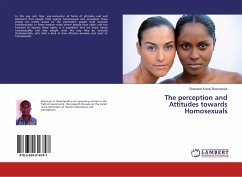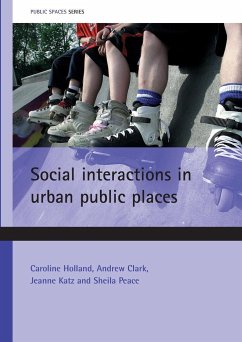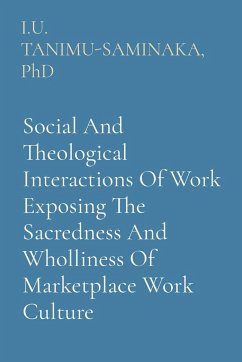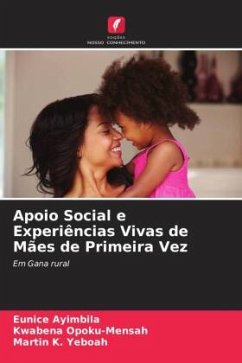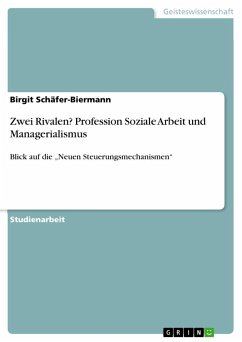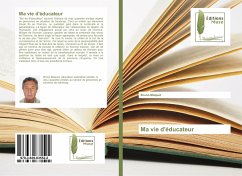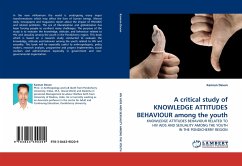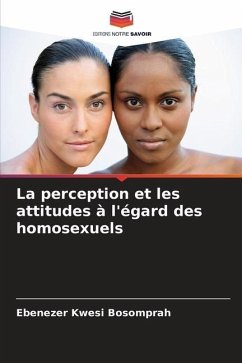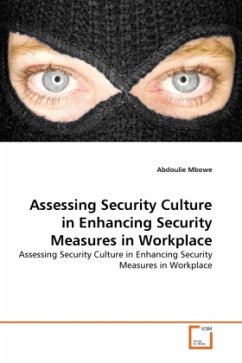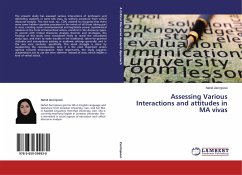
Assessing Various Interactions and attitudes in MA vivas
Versandkostenfrei!
Versandfertig in 6-10 Tagen
36,99 €
inkl. MwSt.

PAYBACK Punkte
18 °P sammeln!
The present study has assessed various interactions of professors and defending students in some MA vivas, by seeking assistance from critical discourse analysis. This new tool, viz., CDA, assisted to recognize that there were some hidden cognitive processes in the minds of all those taking part in vivas, creating some commonsensical and legitimate power asymmetrical relations in the form of hierarchical orders, manifest in the discourse types. In accord with Critical Discourse Analysis theories and strategies, the findings of this study were considered firstly to reveal the naturalized status...
The present study has assessed various interactions of professors and defending students in some MA vivas, by seeking assistance from critical discourse analysis. This new tool, viz., CDA, assisted to recognize that there were some hidden cognitive processes in the minds of all those taking part in vivas, creating some commonsensical and legitimate power asymmetrical relations in the form of hierarchical orders, manifest in the discourse types. In accord with Critical Discourse Analysis theories and strategies, the findings of this study were considered firstly to reveal the naturalized status quo, and then to make trouble in the traditional, taken-for-granted attitudes and assumptions existing in academic settings generally, and in the viva voce contexts, specifically. This social struggle is done by augmenting the consciousness, since it is the most important action agenda towards emancipation. Most importantly, the study suggests academicians not to use the term 'defense' instead of vivas, which implies a kind of verbal attack.



